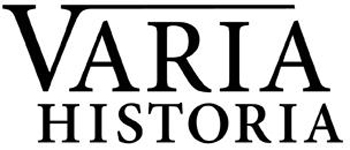The last twenty years witnessed a radical transformation in our ways of conceiving of the process leading to the break of the colonial tie with Spain. Classical dichotomous perspectives that opposed Latin American liberalism to Spanish despotism have proven untenable. As many authors, following François-Xavier Guerra, have showed, the crisis that resulted in independence was a single process, which comprised the Empire as a whole, and had its center, precisely, in the Spanish peninsula, which was more directly affected by the fall of the monarchy. Such a perspective opened the doors to a much richer and more replete view of the revolutionary process of independence in Latin America. However, the break of the classical opposition between Latin America liberalism and Spanish American despotism would ultimately resolve itself into the emergence of a converse dichotomy now opposing Spanish liberalism to Latin American traditionalism. The persistence of organic social patterns, inherited from the Colony, which made the pueblos (in the plural) of the Ancient Regime to become, after the fall of the monarchical system, the natural recipients of sovereignty, would prevent in the region the emergence of a modern concept of nationality as an abstract, homogeneous and unified entity. As the present essay intends to show, this view should be, in turn, revised in order to unfold all the potentialities for historical research implicit in the theoretical revolution that these very authors introduced in the field.
History; Political History; History of Language
